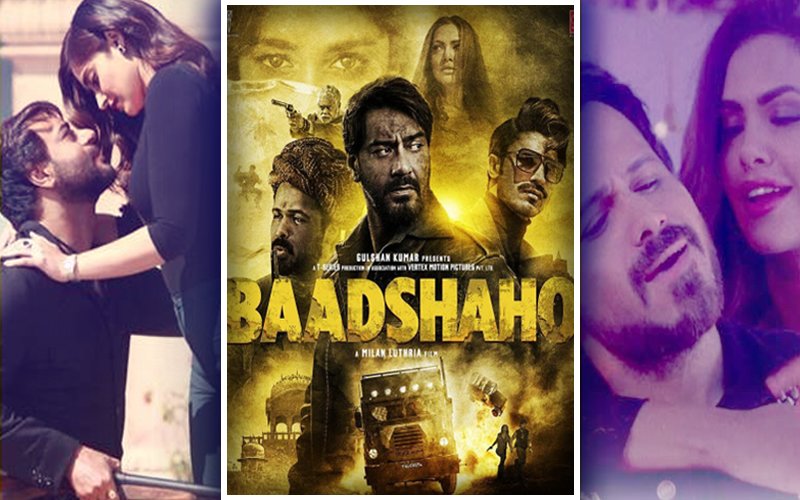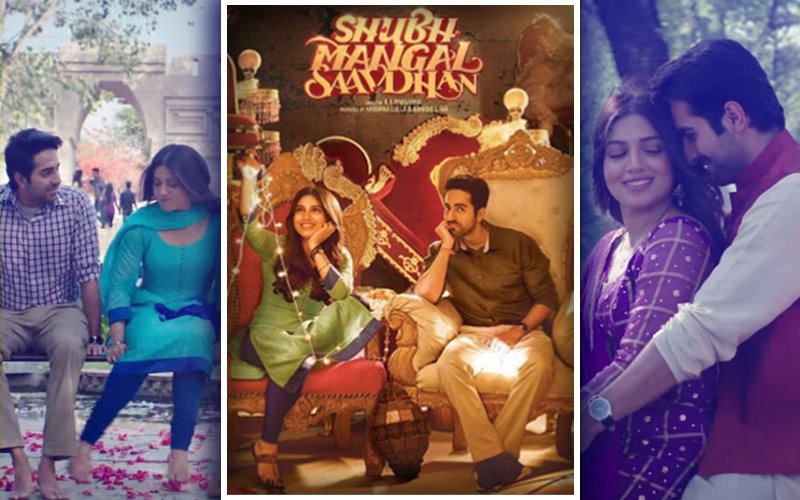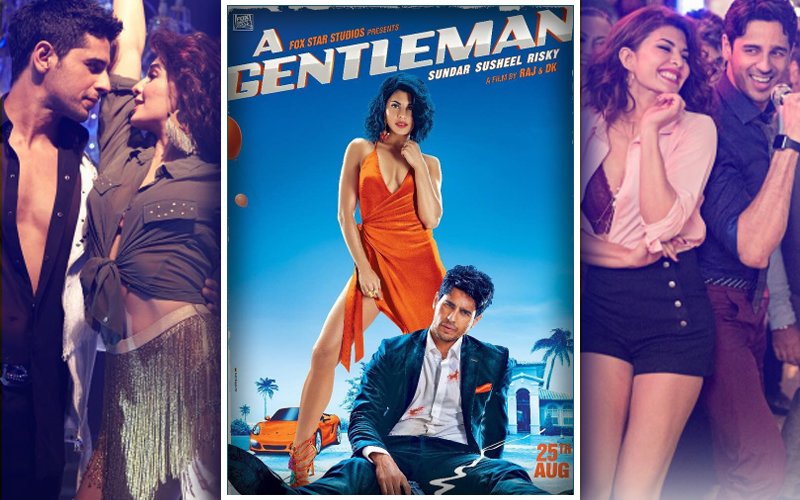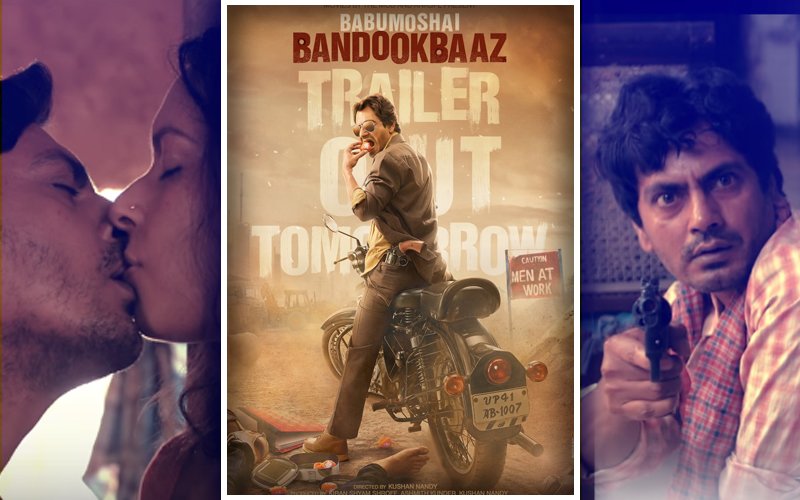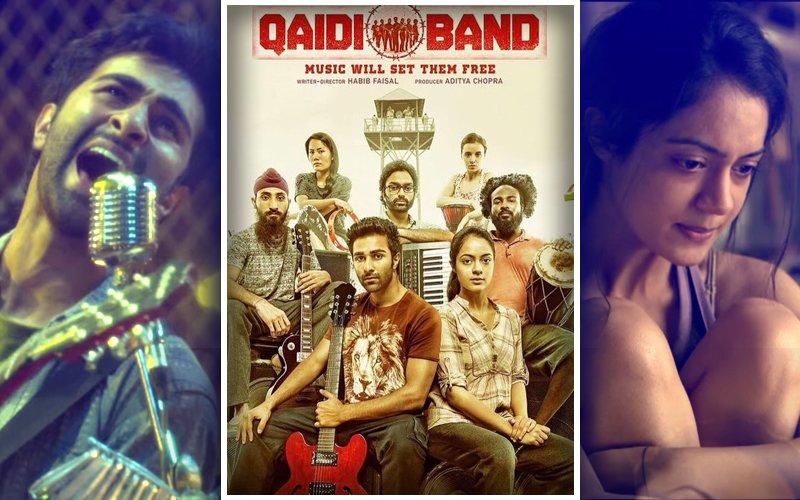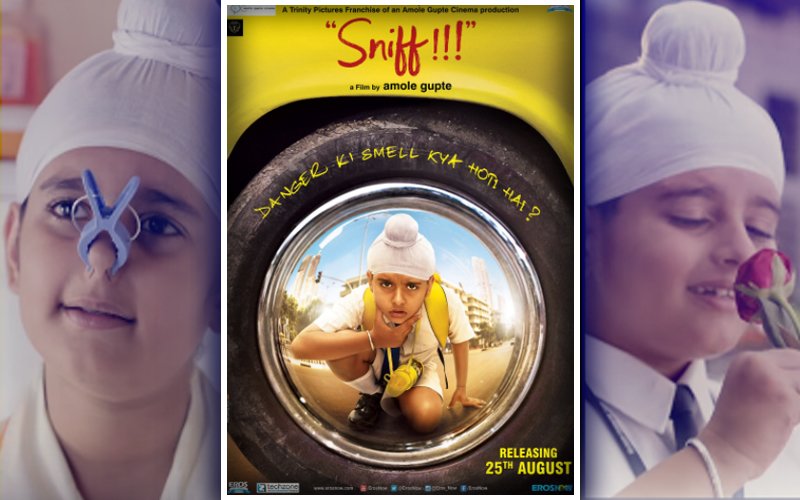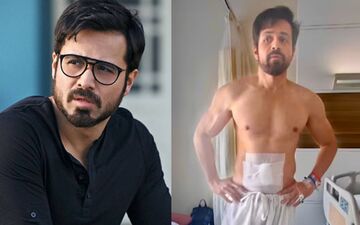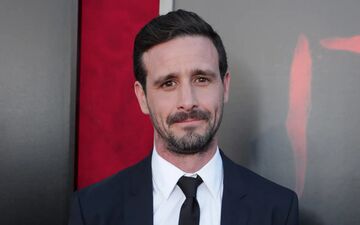Movie Review: Time To Groan-‘n-Moan, This Daddy Isn’t Cool Or Credible, At All
Here’s Arjun Rampal’s love labour lost…a biopic of Arun Gawli which is frankly quite unbearable
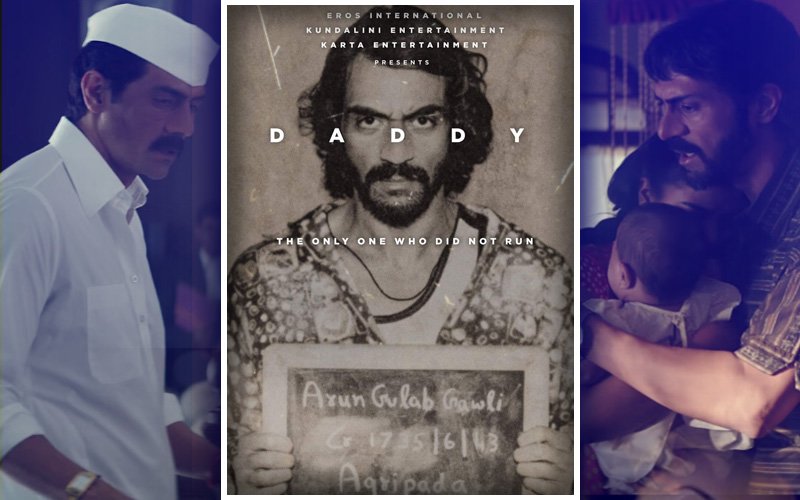

Allow me to start with a personal story.
Some time in the ‘90s, as a fanzine’s editor, seized by the thought of doing er.. something
out-of-the-glamour-box, I commissioned an interview with Arun Gawli for
Filmfare. The man, described quite brazenly as a ‘gangster’, had a yen for movies. The brief to the freelance reporter was to
quiz the Dagdi Chawl potentate about the ‘Bollywood influence’, if any, on his
(mis)deeds.
The interview with exclusive photos of
Gawli in his lair was duly published. Wham! I was hauled up by readers and
journo-colleagues – senior and junior-- for alloting space and a colour spread
to a questionable underworld figure. I’d goofed up, apologised profusely for
stepping off the line. The article had merely served as a publicity platform
for the man who had come to be regarded as the Byculla precinct’s avatar of
Robin Hood. My bad.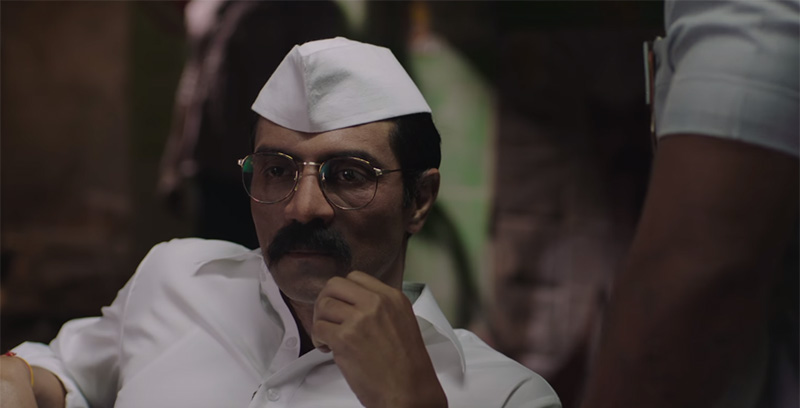
Arjun Rampal Plays The Role Of Gangster Arun Gawli In Daddy
Now, let me clarify that this memory re-dredge has nothing to do with
Daddy, directed by Ashim Ahluwalia (yes, yes, he of Miss Lovely fame) and co-written
as well as produced by its lead actor Arjun Rampal. Journalism and cinema are
two entirely different ‘disciplines’. Profiles, narratives, biopics of
convicted crimelords on the screen – which willy-nilly end up glorifying their central
protagonist – are commonplace in world cinema.
To cite just a palmful of examples,
think The Godfather, Scarface, the Narcos web TV series, our very own Don, Satya,
Vaastav, Once Upon a Time in Mumbai, Raees. These and countless films have
leapfrogged up and down the gangsta-streets, some gloriously, while others have
ranged from the exasperating to the muddled. Cinematically.
In this G-genre, Ahluwalia in his
pre-release publicity interviews has painstakingly pointed out that his second
foray into filmmaking is neither a biopic nor a Satya. Indeed, the-real life
Gawli, sentenced to life imprisonment in 2012, assented to the Daddy project
after vacillating for two-and-a-half years. Yaaaay! Incidentally, the Marathi
film Daagdi Chawl (2015) had featured his character, enacted by Makarand
Deshpande.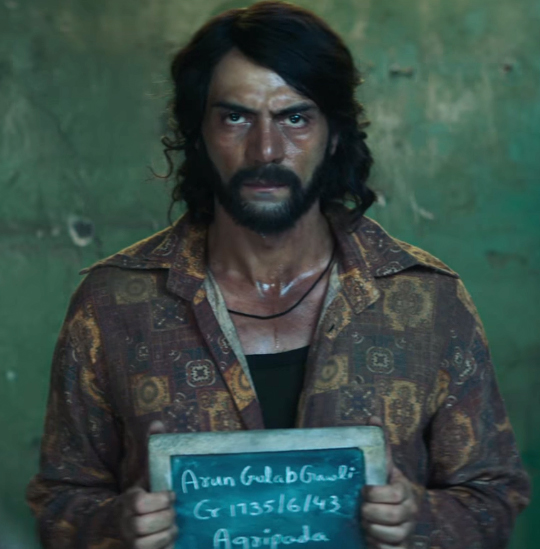
Arjun Rampal In Daddy
Right, so to cut to the here and now,
what does Ahluwalia’s presumably no-sides-taken, objective account of the
ascent-‘n’-descent of Gawli add up to?
Answer: at the very least, sheer admiration
for the central Mumbai much-harrowed young man who would come to be called
Daddy (not Uncle).
By the way,for those who came in
terribly late, the central Mumbai ka don steadily became the messiah for driven-out-of-work
millworkers, formed his brat pack and oh oh, gave the mega-mobster Dawood
Ibrahim, a run for his extortion cuts, killings and what-shoot-you.
Then what? Gawli reached for the next
level: politics, formed his own party and became an elected MLA. “Good golly,
all you pollies, how astonishing is that!” the film keeps stating, accentuated
by the style of irritating dark-as-coal lighting, bug-eyed close-ups of Daddy-o
galore and the predictable guns and snarky poses.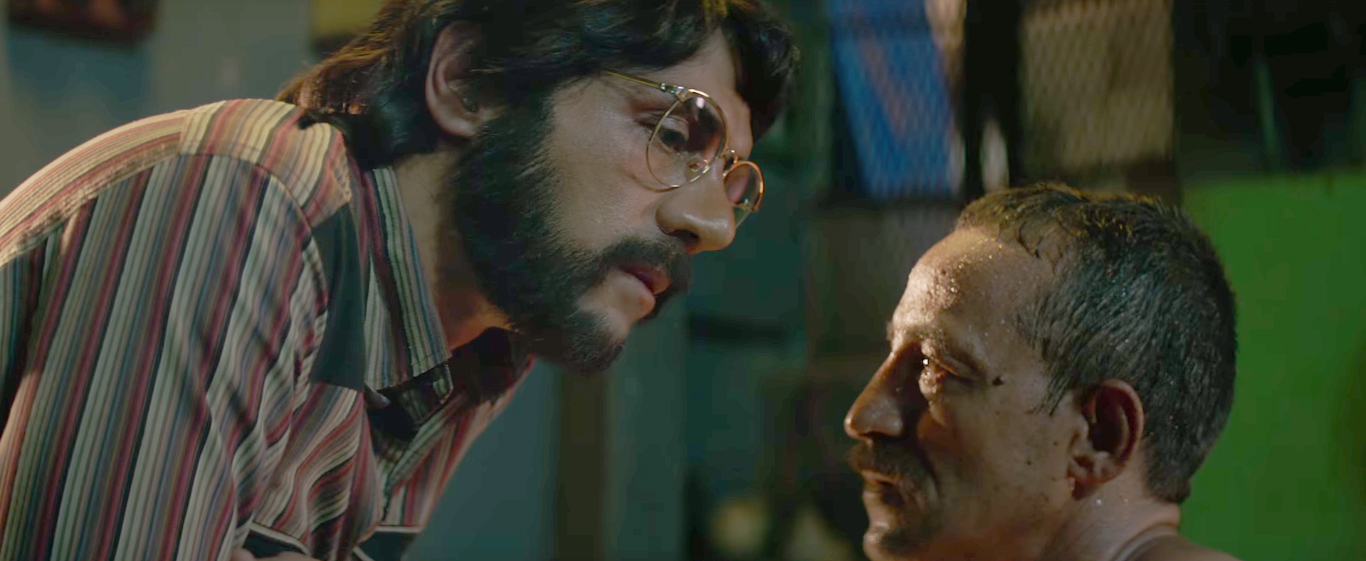
Arjun Rampal In A Scene From Daddy
And yeah, improvement alert ahead:
Farhan Akhtar as Gawli’s nemesis fetches up for a protracted guest appearance. Nishikant
Kamath doing his meano police inspector shtick and Bollywood debutante Aishwarya Rajesh as the
Muslim beloved who evolves into the don’s support system, are serviceable.
The Sajid-Wajid music score drums out an
Eid song, the Ganpati song, and an item-vitem which oddly sounds like a rip-off
from the Zindagi ittefaq hai song of Aadmi aur Insaan (1969). Coincidental
rewarmed toon or what?
Acting-wise, needless to grrrrroan, this
is a one-man show for Arjun Rampal who amittedly invests his blood, sweat and
intense stares to catch the essence of the real-life Arun Gawli. No big deal, that. Like the rest of the film,
Mr Rampal’s acting chops, aren’t in the
wow-kya-baat-hai category. Far from it.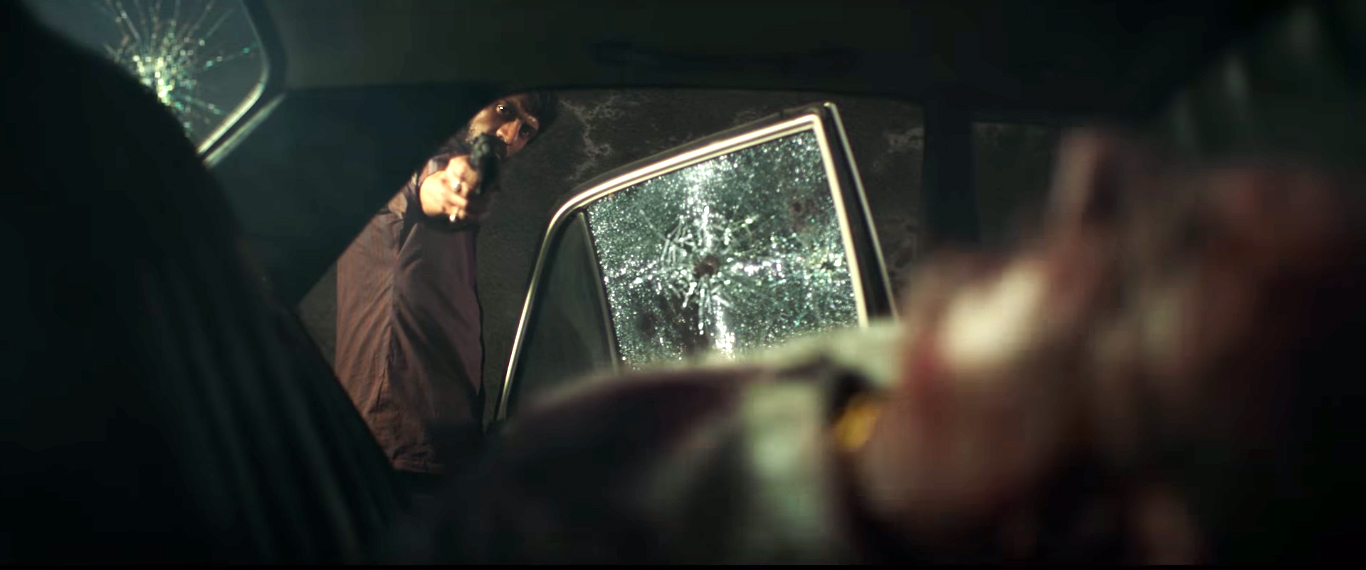
Arjun Rampal In Daddy
Frankly, I’d rather re-re-watch the
fictional sparks of Bhiku Mhatre in Satya than bother about this
culled-from-life apologia for despicable crimes, justified by those deja phew reasons of dire poverty and
unavoidable circumstances.
Unsolicited suggestion: A…voidable.
Image Source: youtube/kundalinientertainment
